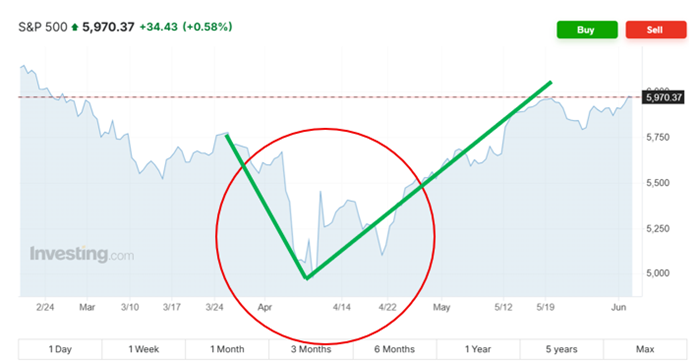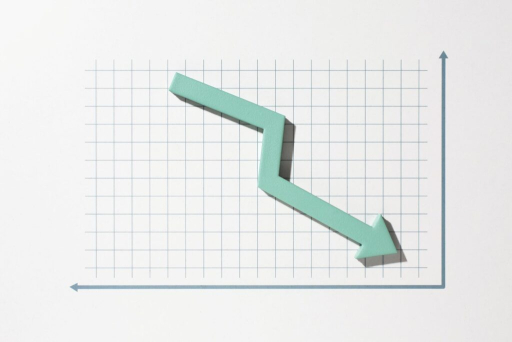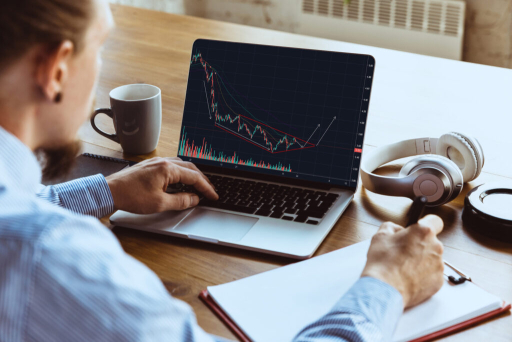
Blog: finance and real estate made simple
Articles and insights to help you navigate and grow
Trump’s Tariffs Shake the Markets: What Does This Mean for Your Investments?

Authors: Mgr. Michal Pekař and Ondřej Marek
In recent weeks, much of the economic discussion has revolved around tariffs and trade measures introduced by Donald Trump’s administration. These measures aimed to protect the domestic market, but as it turns out, their consequences extend far beyond U.S. borders. What does this mean for investors?
Understanding the Context of Tariffs
The tariffs imposed by Donald Trump’s administration have far-reaching impacts on global markets. Analysts, including those from Goldman Sachs and JPMorgan, warn that these measures can raise prices for consumers and slow down economic growth.
While some sectors may benefit from domestic production, companies dependent on foreign trade may face challenges. Investors should carefully assess the impact of tariffs on different sectors and keep their investment strategies aligned with long-term goals.
What Does This Mean for Your Investments?
Long-Term Perspective
Although the current political situation may seem chaotic, market history shows that strategic planning and strong corporate fundamentals are key. Pay close attention to the performance and innovations of the companies you invest in.

The chart shows that although market conditions can be tense or uncertain at times – such as during the introduction of tariffs, China’s response, or geopolitical tensions – history repeatedly teaches us that markets have the ability to recover. Fluctuations, even dramatic ones, are often part of long-term growth.
Impact of Tariffs on Specific Sectors
Different sectors react differently to tariffs. For example, technology and manufacturing companies that rely on imports may face greater volatility and uncertainty. Listen to analysts’ statements on the specific impacts on the markets.
Portfolio Diversification
Keep in mind how different assets react to political measures. A diversified portfolio can help you spread the risks associated with market events more effectively.
Emerging Opportunities
Every crisis can bring new opportunities. Consider how you can take advantage of the current situation for your investments. Pay special attention to companies that demonstrate resilience even in turbulent times.
Communication with Your Advisor
Regularly consult your portfolio with a financial advisor and review the impact of tariffs on your investment strategy. Don’t be afraid to ask questions and request specific recommendations. Together, you can adjust your strategy to match current developments.
Emotional Stability
Remember that emotional reactions to political events can lead to impulsive decisions. Try to stay calm and stick to your investment plan, based on data and long-term goals.
Conclusion
In the world of investing, it’s important to navigate changing conditions and trends. Politics, tariffs, and other factors play a significant role, but success lies in a thoughtful response – not in panic.
Remember that corporate profitability and innovation are what create value in the market. No matter how the situation affects you, the key is to have a plan and move toward your long-term goals.
If you decide to consult your investment strategy or have further questions, don’t hesitate to reach out to your advisors. Together, you can analyze the situation and find the best course of action.
Stone & belter blog
Similar articles
Category















